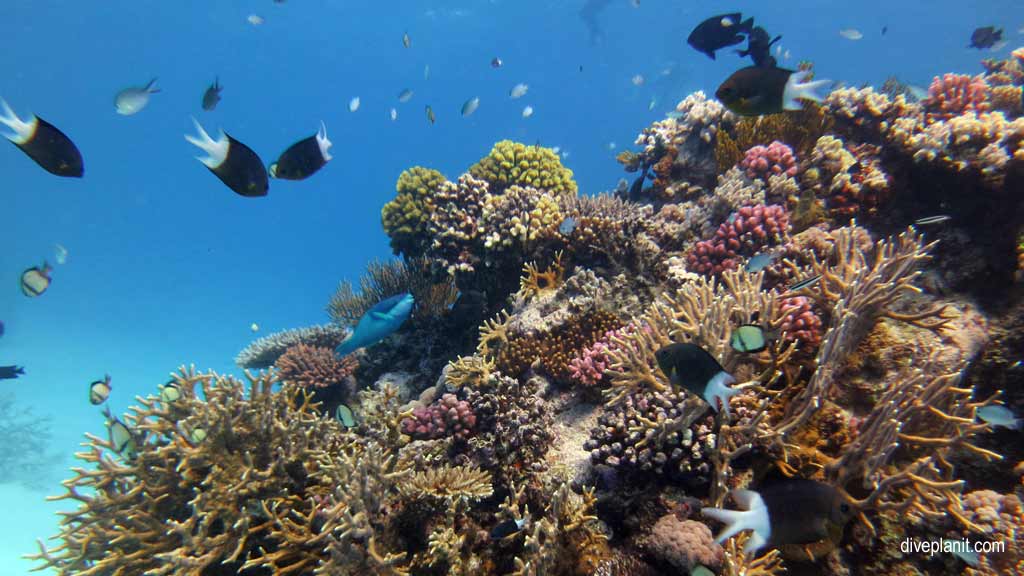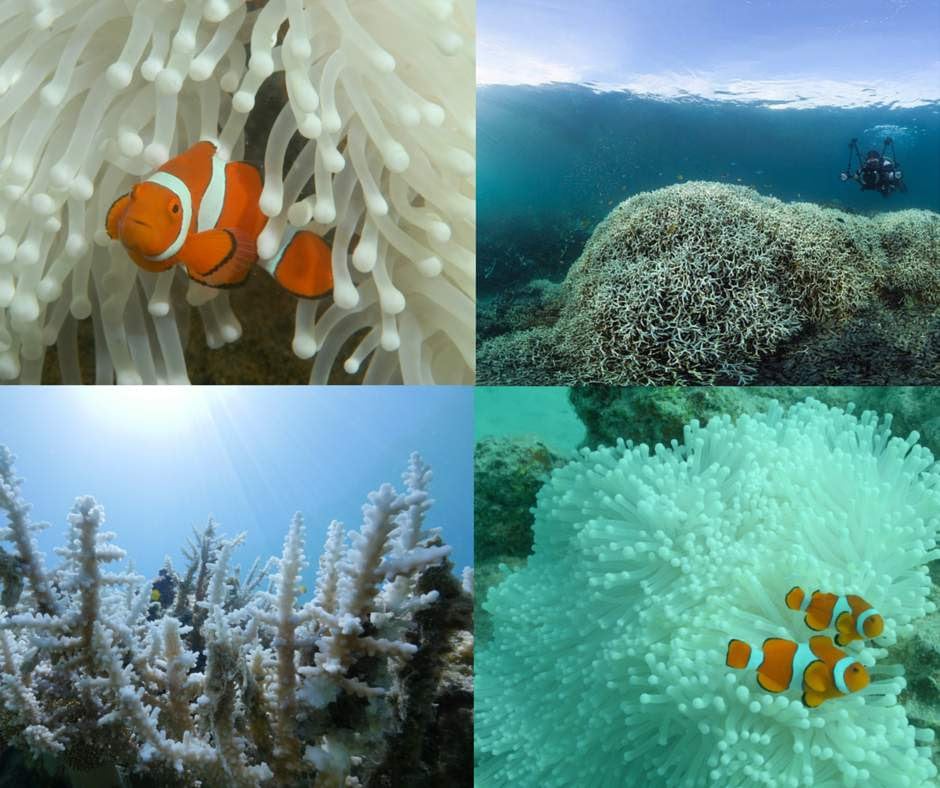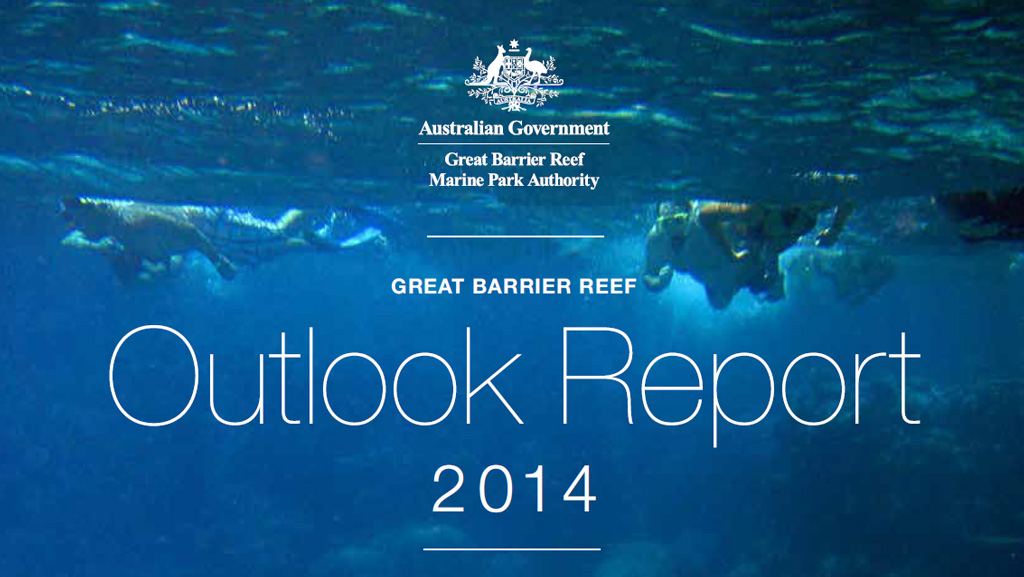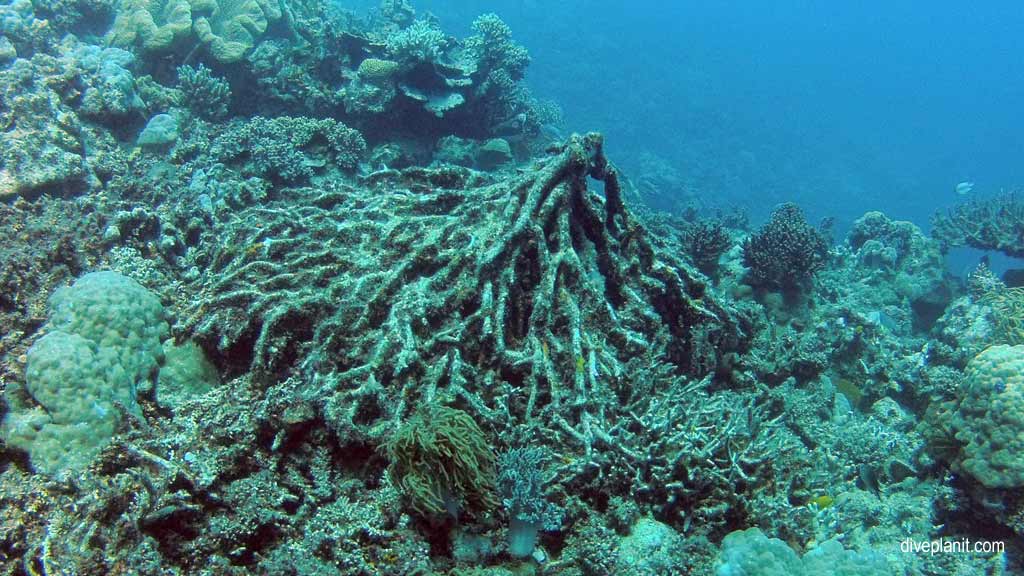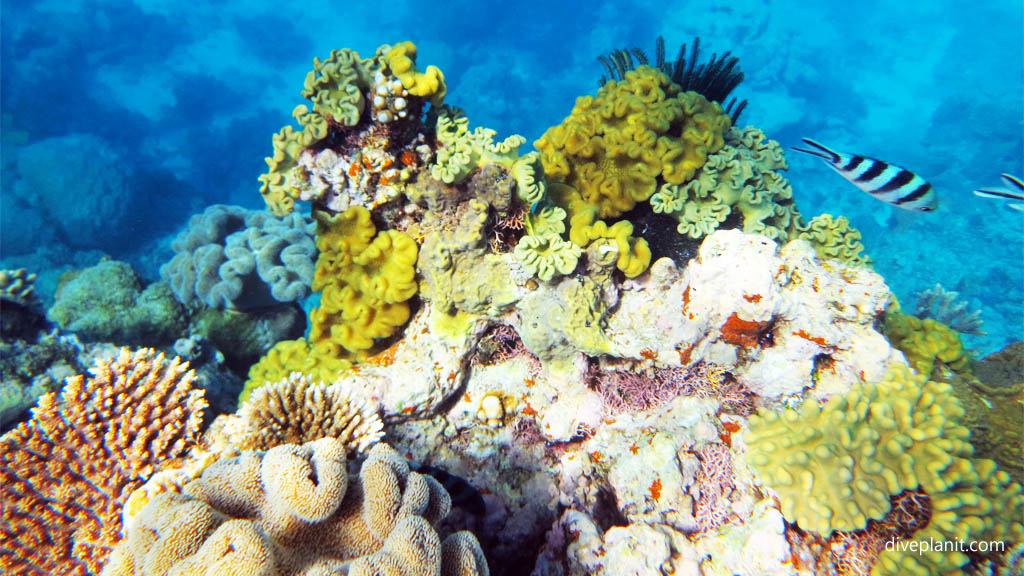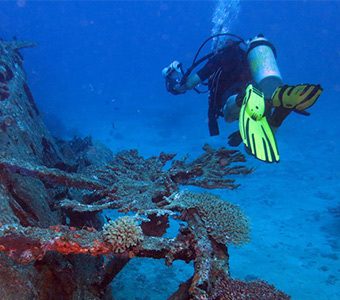The picture above was taken on the Great Barrier Reef in 2013. Beautiful isn’t it?
In February 2016, sea surface temperatures climbed to an astounding 33°C in the waters off the far north Queensland coast resulting in coral bleaching across the Great Barrier Reef.
So it’s happened again. Another significant coral bleaching event. And every time these events happen we lose some more of the once-great Barrier Reef forever. How many more significant coral bleaching events can the Reef withstand? And we’re not just losing coral – there have been a number of sightings of bleached sea anemones. (Photo credits below**).
So what are ‘authorities’ doing about it?
The Great Barrier Reef Marine Park Authority announced yesterday that it’s officially in a Level 3 response to coral bleaching – that’s the highest level they have.
They are stepping up the number of coral surveys carried out across the 344,000sq km marine park to detect the extent and severity of coral bleaching over the next few weeks.
So they are not actually doing anything about it.
Why? Because there isn’t anything they can actually do about it. The root cause is global warming, so short of crowd-sourcing the development of a solar and wind-powered boat to capture some Antarctic ice and tow it up and down the Reef to cool down the surface waters,* there is no alternative but to watch and wait. That’s why the
That’s why the authorities charged with managing our Reef just measure the impact, and estimate how long it has left.
The Reef is actually a multi-billion dollar industry employing +60,000 Australians, yet strangely government ministers, both Federal and State, seem prepared to let it die. They have already had two consecutive warnings in the GBR Outlook Reports of 2009 and 2014: ”… the greatest risks to the Reef are still climate change, …”. But they are still watching, and waiting.
So what can you do?
If you’ve read this far, we’re guessing you do actually want to make a difference. Here are three ‘biggies’ to make a personal impact, and perhaps more importantly, send a message to others.
Energy
Small step: reduce power consumption. One-third of Australia’s CO2 is emitted by the energy industry, and unfortunately, our coal-fired power stations are the oldest and dirtiest in the first world. So you can nickel and dime your power consumption and try to shave a few more kilowatt hours off your monthly bill, or…
Big step: switch power companies and buy 100% renewable power then you don’t have to care if you leave the modem on all night because that power just came from yesterday’s sunlight.
Superannuation
Small step: switch banks. No-one wants to see their bank investing in coal mines. Why:
a) because it doesn’t matter who ultimately burns that black rock, it will still warm the planet; and;
b) the world’s most progressive banks know that coal is NOT a smart investment and are not funding these projects.
Are you unwittingly funding coal mines? Is your super being used to fund a new coal mine? Probably a good idea to find out!
Many younger people don’t think about super much as it seems very far away and intangible. Well think about it this way: imagine a large brown paper bag full of cash that belongs to you. You earned it – so you get to say what it should be invested in: would you want it used to fund a coal mine? No.
Big step: take control of your super. There are plenty of options, but if you’re pressed for time just click this one.
Transport
Small step: reduce car use. This achieves a double whammy as it also cuts down on air pollution which reduces ocean acidification. Could you avoid every fifth car journey? Walk, take a bus, or ride a bike. Put the kids on the school bus instead of driving them, car pool with work colleagues and organise conference calls instead of meetings.
Big step: If you’re planning to replace your car or motor bike soon: make a statement: go electric. Alternately go carless or second-carless. There are plenty of alternatives: Electric Bikes, Car next Door, Go Get, Uber – use cars that are already there, instead of shifting another one out of the car yard. You’ll find less use for a car if is not sitting depreciating outside your house.
So what do you think? Can you make an effort to do one, two or three of these? Maybe two small steps, one big step? Remember – every little bit helps.
**Photo credits: Many thanks go to the scientists and research groups currently stationed at Lizard Island, who are sharing with the world what is happening through their photos and videos. This includes the pics above, clockwise from top left: Professor Justin Marshall, CoralWatch, University of Queensland; XL Catlin Seaview Survey; Professor Justin Marshall; Alexander Vail and Dr Lyle Vail, Australian Museum Lizard Island Research Station.

